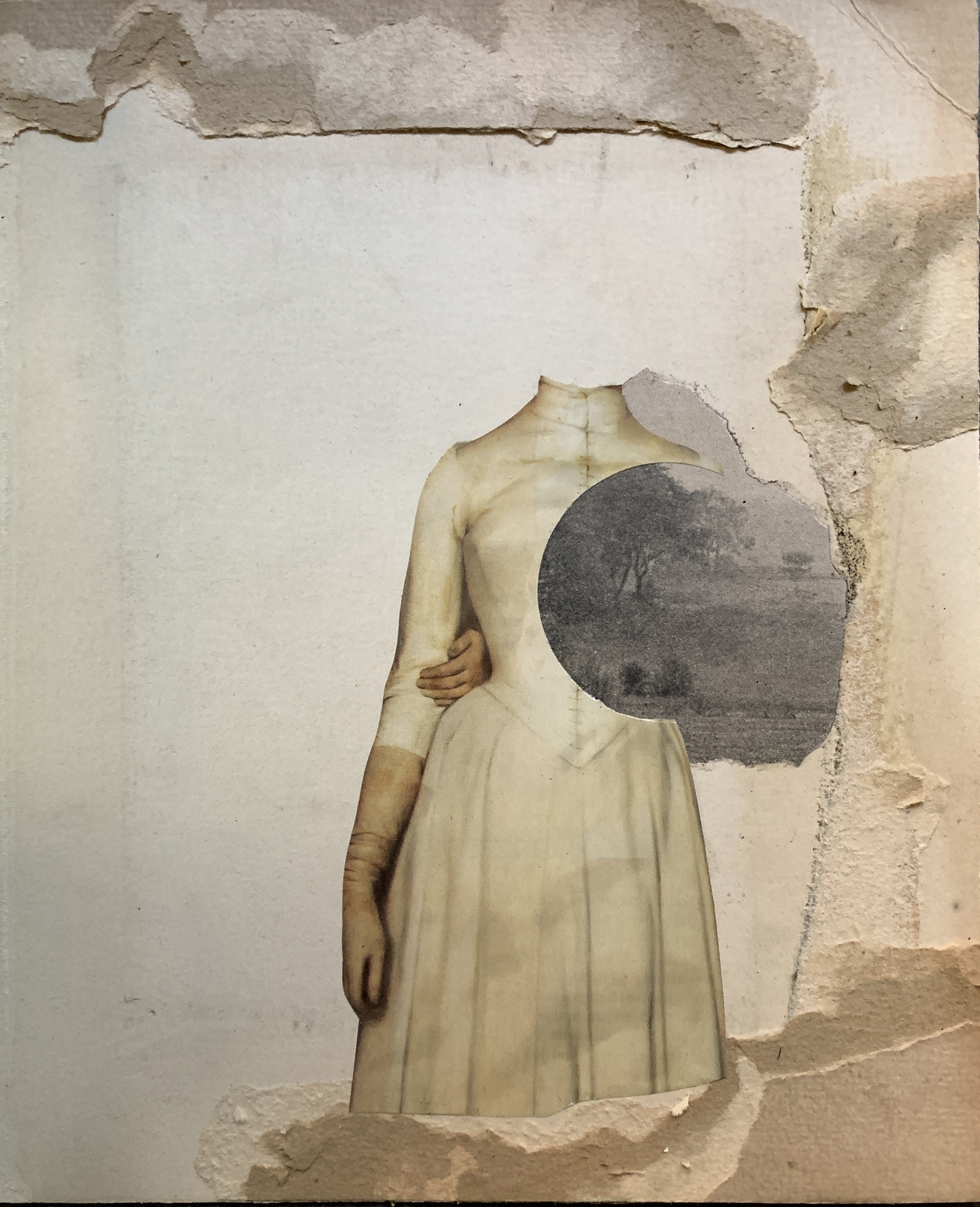In Not Always So, a compilation of lectures by the Zen priest, Shunryu Suzuki, he declared: “My mind is a garbage can,” with a sense of joy, referencing the freedom to accept all thoughts that pass through without clinging to or refusing them.
The poet Charles Simic said, “A poem is a place where affinities are discovered. Poetry is a way of thinking through affinities.”
The Heart Sutra says, “form is emptiness and emptiness is form…” this ‘emptiness’ is not nihilism but is an interconnectedness of all things and a lack of the narcissistic sense of self which separates us from all things. Nothing can be defined without the existence of and comparison to all other things. The self doesn’t exist without recognition of all things and in those moments where all things are recognized, then the self ‘is’ also, but only for the moment... Zen monk, Dogo Barry Graham once said, “There is no self, but go sit on a hot stove and see who screams.”
As a child in Belgrade, Simic survived the German bombing and Nazi occupation and his childhood became a series of disruptions and displacements as he and his family crossed boundaries delineated by violence, ethnicity, culture, and language. In his poetry, the trauma of multiple displacements is presented by crossing boundaries between consciousness and dreams, magic realism and brutal reality, religious mystery and black humor and accepting each paradox as true. He describes his family’s survival during war:
“… we used to barter our possessions for food. You could get a chicken for a good pair of men’s shoes. Our clocks, silverware, crystal vases and fancy china were exchanged for bacon, lard, sausages and such things. Once an old gypsy man wanted my father’s top hat. It didn’t even fit him. With the hat way down over his eyes, he handed over a live duck.”
Life and death intermingled with absurdity and chance. Buster Keaton again. How else does one survive war and how does one keep their soul? How much do we have to feel in order to, simply, not take it all so seriously while simultaneously knowing this is exactly what life is? How do we reconfigure our perception of the world after trauma redefines the world for us? An absurd, unpredictable universe becomes either a perpetual threat or a chance for freedom.
Simic describes a meal in a restaurant with his Uncle Boris, both of them new to the U.S. after emigrating from Belgrade. Two women at the next table, well-to-do Americans, cannot place their accents, so they interrupt to ask. Boris, a perpetual trickster, gave a sad sigh and explained, in detail, they are part of the last Caucasian tribe of Africans and their language is a dialect that will go extinct with them. This, Simic also says, is poetry: “Poetry should contain every possible lie that can be told.”
But this is the trickster lie, held lightly in order to explain another truth. The trickster lie is the joke told serious, explaining indirectly. The manifest alludes to the truth beneath, exactly the opposite of the stuff of conspiracy theories and the paranoia of the American political climate where the manifest statement declares exactly what’s happening with a certainty that is nearly psychotic.

